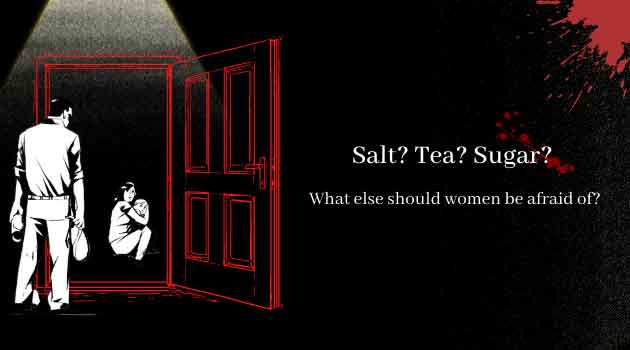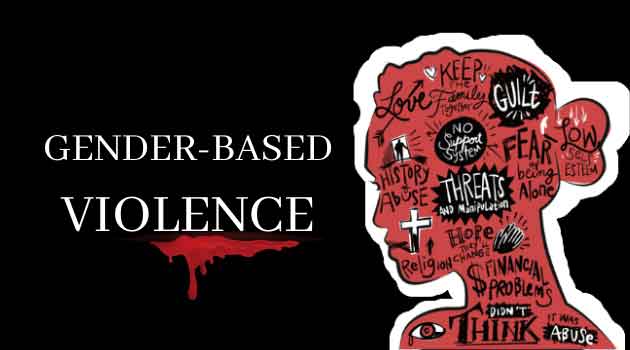Maharashtra’s Thane district witnessed the death of two women in separate cases of violence for the most trivial matters, this April.
In the first incident, a man was arrested for allegedly killing his wife over excess salt in breakfast. The other case happened when a man allegedly shot his daughter-in-law for not serving him breakfast along with tea.
The two incidences occurred within a week of each other, demonstrating that women continue to be the target of harassment and violence for the most insignificant of reasons.
Surveys by National Family Health Survey (NFHS) and National Commission for Women (NCW) have found a consistently increasing trend of domestic violence in India. Domestic violence was initially understood to be a threat to women’s lives motivated by the dowry system.
As the multifaceted causes of domestic violence were uncovered, a dedicated civil law called The Protection of Women from Domestic Violence Act, 2005 (PWDV) was introduced to provide relief to the victims.
These shocking cases of violence against women show that irrespective of the laws and regulations we have not moved beyond domestic violence. It has in fact intensified and transformed into an almost surreal experience where a woman’s fate is decided by a few grains of salt.
According to WHO, gender-based violence affects one in three women across their lifetime. About 736 million women are victims of intimate partner violence (IPV), non-partner violence, or both at least once in their life.
What causes gender-based violence?
The acts of violence against women are the most evident pronouncements of the unequal power relations between women and men. Cultural factors like patriarchal and sexist views, the expectations of femininity and masculinity, and general acceptance of violence in the public lead to gender-based violence.
In this podcast recorded with G Caffe, Jhilmil Breckenridge, co-founder of Bhor Foundation, shares her personal experiences of witnessing, surviving, and fighting against gender-based violence and trauma. She says, “In India the concept of family is so strong that we believe our elders always know best. I think often the voice of girl child is therefore taken away.”
The violence against women is a way of reinforcing the role of women as property. The older traditions have normalized the physical punishment for women under the garb of ownership.
When talking about gender-based violence, we should realize that men are also prone to abuse. US-based National Coalition Against Domestic Violence (NCADV) estimates that 1 in 4 men have been subjected to some form of physical violence by an intimate partner.
Covid-19 and the rising cases of domestic violence
Covid-19 induced lockdowns have increased the factors leading to violence and abuse of women. Although the home is a space of security and comfort, it reiterates notions of inequality and patriarchy. Violence is a mechanism for enforcing the gender roles and expectations within the family.
According to NCW Chairperson Rekha Sharma, “The pandemic has been a challenge for everyone across the globe, especially women…We have more and more women coming forward and getting help from NCW. We receive around 400 calls daily on the helpline…and get around 10 SOS calls a week seeking emergency help.”
Such data and the recent cases of violence raise an important question- Are homes safe for women and girls?
What needs to change?
The first step to bringing a change is to familiarise individuals and the community with the possible signs of violence. The signs may not necessarily be physical ones; signs of emotional and financial abuse should also be identified.
WHO has noted that “gender inequalities increase the risk of violence of men against women and inhibit the ability of those affected to seek protection.” Any step towards preventing gender-based violence is incomplete without reducing the gender inequalities in our society.
In a talk by Impact and Policy Research Institute (IMPRI) Human Rights Advocate Dr. Shalu Nigam says that law alone isn’t sufficient for domestic violence victims. “There is a need for more qualitative medical care, shelter home, economic and social security provisions for victims.”
On a personal level, we need to be understanding towards the victims of gender-based violence and report any case of violence. ‘Report and Support’ should be our motive in lowering the instances of gender-based violence.













